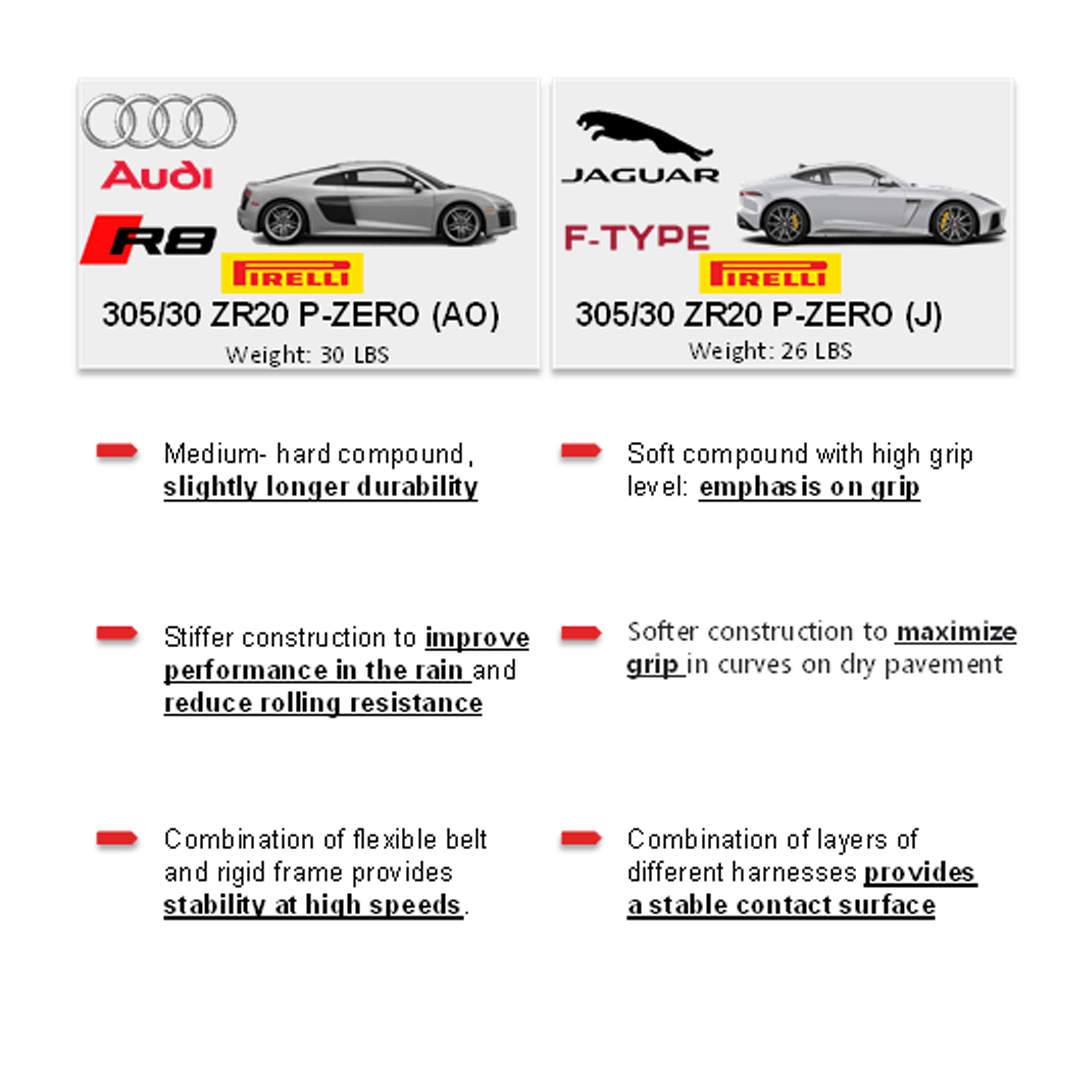What is a homologated tire ?

It is a tire that has been developed in conjunction with a car manufacturer to meet the requirements and standards of the car manufacturer. The tire meets minimum efficiency requirements in various characteristics such as braking, noise and grip under various conditions. The entire process, from the beginning to the manufacturing of the tire, can take about 3 to 4 years. It should be noted that original equipment tires are not necessarily approved and vice versa.
Example:
AU: AUDI
What is the advantages of a homologated tire for my vehicle?
By purchasing a tire homologated for our brand of vehicle, it is ensured that we get the most out of the characteristics desired by the manufacturer. For example, for a Tesla, it is ensured that the noise level of the tire will not be higher than what was originally intended and for a Porsche, we will have at least equal performance to what was originally intended.
What is the difference between the homologated version and the "standard" version?
There could be major construction differences between 2 versions of the same product homologated for 2 different vehicles. The size (e.g. 225/45R18 98 W) could be the same but there can be many differences such as:
- Coumpound (softer, harder etc)
- Internal construction (stiffness of the carcass, footprint)
- Weight
- Tread depth
Here is an example of the exact same tire model from Pirelli in the exact same size and specs: P-ZERO size 305/30ZR20, one is homologated for an Audi, the other one for a jaguar

Is it mandatory to have the homologated tires for my vehicle?
No, although it is ideal, there are no regulations that require you to use them. It is also permitted to use a tire approved for another brand if it is of the same size and exceeds the load and speed ratings of your vehicle.

